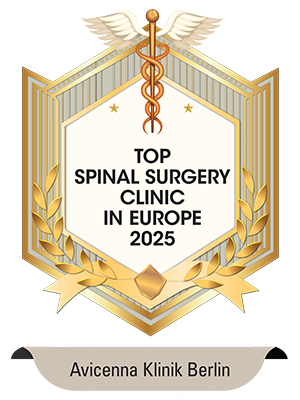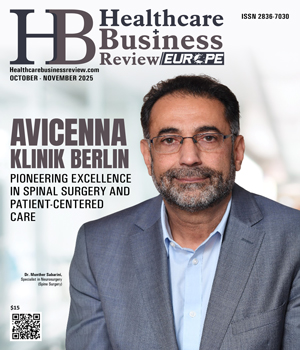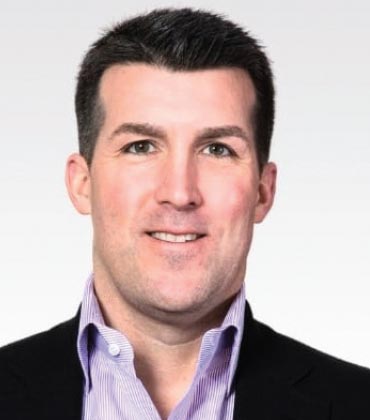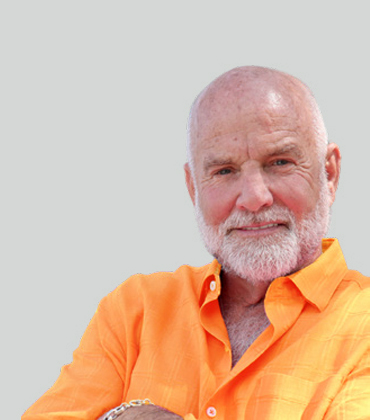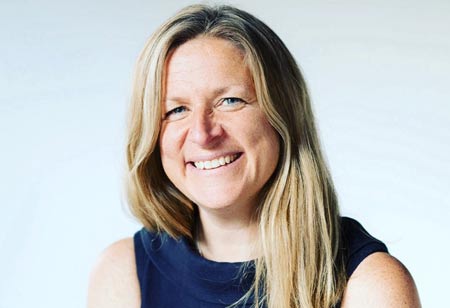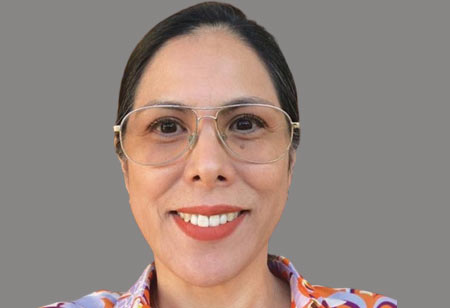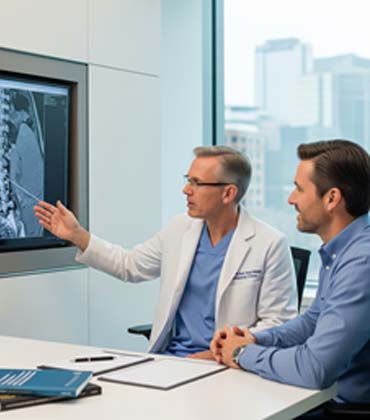Thank you for Subscribing to Healthcare Business Review Weekly Brief
Founded in 2001 by Dr. Munther Sabarini, a neurosurgeon with over 35 years of experience, Avicenna Klinik has stayed true to its mission of helping patients find relief from spinal disorders and regain quality of life. The clinic places patients at the center of everything it does, listening closely to their concerns, addressing their needs, and meeting their expectations, especially for those who travel from abroad to seek its care. Avicenna Klinik offers the full spectrum of diagnostic services as well as a wide variety of treatment options. Based on each patient’s symptoms, along with neurological and radiological findings, the clinic recommends the approach that offers the highest likelihood of success with the lowest possible risk and complexity. Each patient’s psychosocial circumstances, overall health, and personal wishes, including religious beliefs, are carefully considered. Every individual is treated with respect, compassion, and understanding. Advanced Care For Every Stage of Treatment The clinic’s comprehensive offering begins with stateof-the-art diagnostics, including open MRI, X-rays, and ultrasound, ensuring accurate assessment in a comfortable environment. Whether a patient’s needs involve targeted pain management, minimally invasive therapy, or complex spinal surgery, Avicenna Klinik provides a complete continuum of care. Both inpatient and outpatient services address a wide range of conditions, from acute disc herniations to chronic degenerative disorders, with personalized guidance through postoperative follow-up and coordinated rehabilitation. Minimally invasive techniques are a hallmark of Avicenna Klinik’s practice, reflecting a dedication to innovation and patient comfort. Physicians with decades of specialized experience perform advanced procedures such as percutaneous laser disc decompression (PLDD), which uses laser energy to reduce disc protrusions, and thermal denervation, which alleviates pain by targeting irritated nerve endings. These approaches minimize surgical trauma, shorten recovery times, and enhance long-term outcomes, helping patients return to their daily lives more quickly. “Avicenna Klinik has become synonymous with trust. We firmly believe that everyone deserves to live a life free of pain,” says Dr. Sabarini, director and founder. ...Read more
Revenue Cycle Management
A thriving healthcare system depends on quality care and financial stability. When hospitals, health systems, and physician groups optimize their revenue cycles, they can reinvest in better patient outcomes and operational growth. However, the complexities of medical billing, insurance claims, and regulatory compliance often create roadblocks that delay reimbursements, increase administrative burdens, and strain financial performance. This is where R1 RCM makes a difference. Harnessi... Read more
Functional Lab Training Services
Many people live with ongoing health issues that never seem to improve. They visit doctors, specialists, and alternative practitioners, yet their symptoms persist—even when lab results show everything is “normal.” Treatments manage symptoms but don’t address root causes, leaving patients stuck in a frustrating cycle of trial and error. As their search for a cure continues, their well-being declines, and hope fades. When patients don’t get the results they ne... Read more
CXO INSIGHTS
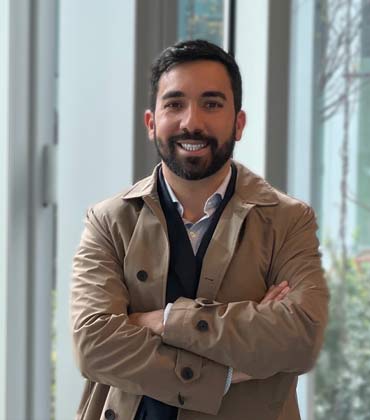
Reduce Documentation Burdens and Decrease Physician Burnout
Bruno Campos, Deputy Director of Information Systems and Technologies, Luz Saúde
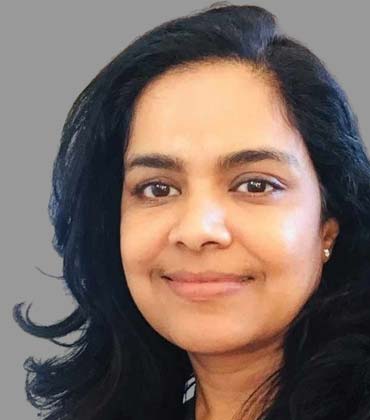
Educating for Excellence: Nurturing Tomorrows Healthcare Leaders
Pearly Thomas, Head of Clinical Education, Berkshire Healthcare NHS Foundation Trust
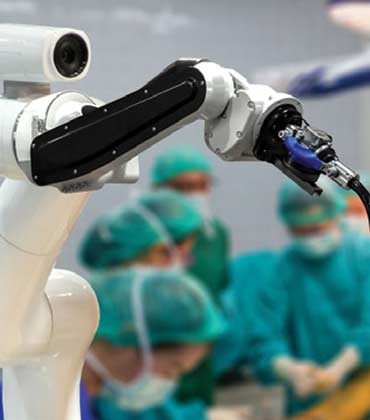
Bridging Innovation, Precision and Care
Puteri Abdul Haris, Consultant in Clinical Oncology, Oxford University Hospitals NHS Foundation Trust
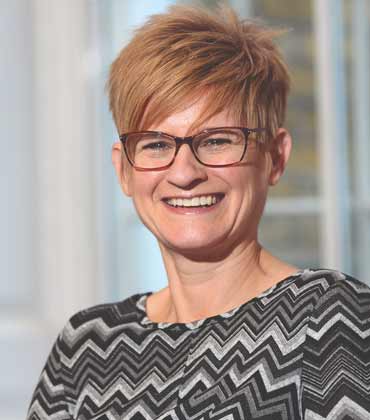
Role of Clinical Procurement for Healthcare's Resilient Future
Clare Nash, Head of Clinical Procurement, Sandwell & West Birmingham NHS Trust

Career Journey and Leadership at University Medical Centre Ljubljana
Matjaz Tavcar, Project Manager, University Medical Centre Ljubljana
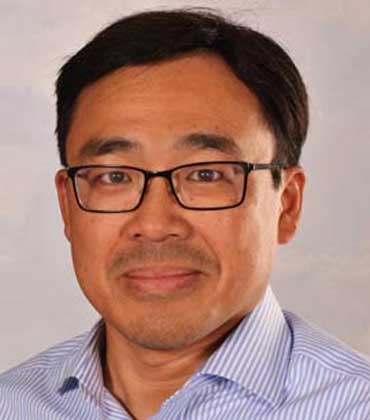
Driving Digital Innovation and Overcoming Challenges in Healthcare
Antoni Chan, Clinical Lead in Rheumatology, Royal Berkshire NHS Foundation Trust
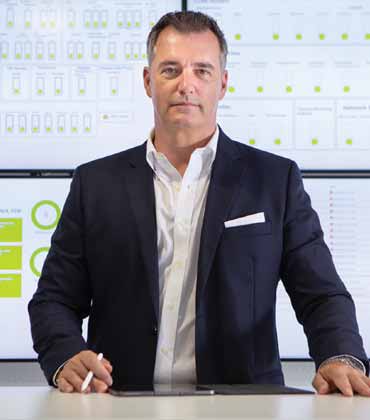
Transforming Healthcare: Merging Passion, Technology, and Patient-Centric Innovation
Alexander Nelles, Chief Information Officer, Kantonsspital Winterthur
IN FOCUS
Transforming Brain Health: Neurology Advances in Europe
Europe’s neurological innovations enhance diagnosis, treatment, and monitoring with AI-driven tools, providing patients with earlier interventions and improved outcomes.
Evolving Landscape of Spinal Surgery Clinics in Europe
Spinal surgery clinics in Europe are transforming patient care through advanced medical technologies, minimally invasive procedures, and personalised treatment approaches, enhancing outcomes while addressing growing orthopaedic healthcare needs.
EDITORIAL
Evolving Pathways in the Practice of Spinal Surgery
Clinics are responding by placing minimally invasive techniques at the core of their service offerings. Alongside this, precision-guided interventions, including robotic assistance, intraoperative navigation systems, and 3D imaging, are becoming standard in operating suites, enhancing surgical accuracy, reducing complications, and speeding up patient recovery.
Innovation in implants and biomaterials is also redefining the capabilities of spinal surgery. Patient-specific, 3D-printed or topology-optimised implants are being deployed to improve anatomical fit and mechanical resilience, reducing issues such as implant subsidence and long-term failure. Clinics are also more rigorously embracing digital workflows, from preoperative planning to postoperative monitoring, integrating AI and machine learning to aid in surgical decision-making and to personalise patient care.
These developments are closely connected, as the adoption of minimally invasive surgery (MIS) and enhanced recovery after surgery (ERAS) protocols work in conjunction with advanced navigation tools and robotic platforms. This combination helps patients have shorter hospital stays, lower risk of infection, and faster recovery. Regulatory advancements, particularly compliance with the European Medical Device Regulation (MDR), as well as reimbursement policies that favour outpatient and value-based care, are increasingly influencing investment decisions in clinics.
This edition features the expert perspectives of Gisella Murguia Norlander, general dentist at Folktandvården Stockholm AB, and Lucy Brown, head of sustainability at Circle Health Group. We hope that the valuable insights from industry leaders featured in this edition will help you make informed decisions for your business.


